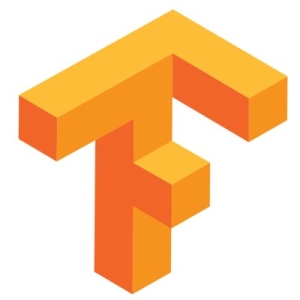I'm not a professional with machine learning. Early on, I was working with data scientists and built a platform for some old-school data scientists to turn around their models faster, and they were focused on electric prices. Based on that experience and my understanding of our value, I'm researching all the machine learning tools. I realized I would have to be a specialist in any of them, and my main skillset is in systems engineering and data engines. I look forward to being an analytics specialist. In real life, I would be better off hiring a professional because when I decide which tool I want to use for what job, I could hire that professional. They would be valuable to me across the whole of what we do. It's kinda of what I do when I build hardware and new products or do version upgrades. I hire a team just for production that are experts in their particular field, so I get production-quality pieces. At that point, my internal team can add the necessary analytics or automation. Hopefully, anyone getting the solution already knows what they will use it for. If they're starting from scratch, I strongly recommend hiring a consultant. I rate TensorFlow an eight out of ten because, for my intents and purposes, I don't know what else one can use to get into the machine learning game if you're going to export models.




